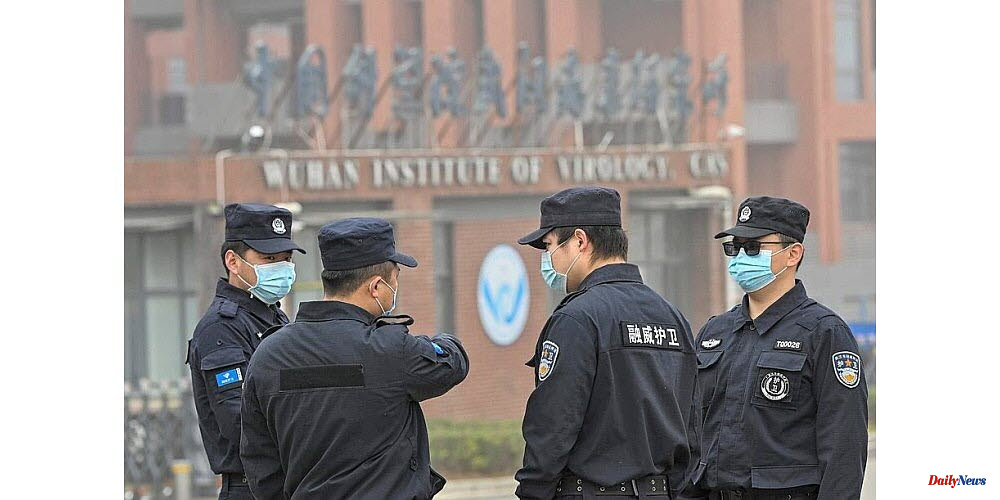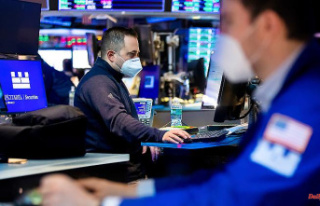The WHO doesn't rule out the possibility of a Chinese lab leak. The World Health Organization appointed experts to examine the hypothesis that the Covid-19 outbreak began on Thursday. They believe it deserves more research. The 27 experts, who represent a broad range of disciplines, have also compiled a list for additional research to be done on the possibility of the Covid-19 virus passing from bats to humans via an intermediary animal. Unidentified.
Experts from the Scientific Advisory Group on New Pathogens (SAGO) warn that "This preliminary report does not intend to - or indeed does not - draw definitive conclusions about the origins of Sars-Cov2".
SAGO's mission is not limited to the investigation of Covid-19's origins. It must also establish a list of best practices that will enable faster and better detection of the next pandemic vector. The WHO says that Sars-Cov2 has already claimed fifteen million lives since its first detection in Wuhan, China, at the beginning of 2019.
Although the scientific community is passionate about the origins debate, it has also taken on a political dimension that complicates the investigation. After long negotiations with Chinese authorities, a mixed group of scientists from both China and international supported the idea of an intermediate animal and the abandonment of a Wuhan market. The thesis of the city's laboratory leakage had been almost dismissed by him, despite the lack of data. This caused a stir and forced Tedros Adhanom Gebreyesus, the boss of WHO to bring it back to the table.
Three experts from SAGO, Brazil and Russia felt there wasn't a need to continue this track. Marietjie Venter of SAGO, President, stated that just because we are talking about it does not mean it is the explanation. She believes that the strongest clues point towards a zoonosis for now. ". Jean-Claude Manuguerra said that "we must be open-minded and cover all hypotheses", but that they had to keep an open mind during a briefing.
Two and a quarter years after the outbreak, the SAGO still believes that "key data are still missing in order to understand how the Covid-19 pandemic started" despite the fact that there has been progress on identification of animals who could play the intermediary role. Also, verifications are underway for possible cases in countries other than China. These include Italy, France and the United States.
It was stressed that the group had only access to information provided by visiting scientists (e.g. Chinese) and not raw data. To help him move forward with the investigation, he creates a lengthy list of requests that spans several pages. A large number of these requests will require the active cooperation of the Chinese authorities, especially the one pertaining to the laboratory component, which is extremely sensitive.
Maria van Kerkhove, WHO's coordinator for the fight against Covid-19, said that "we don't have the mandate" to enter any country in the world. She added, "We need the cooperation and collaboration of countries" to conduct these investigations. She said that she would continue to collaborate with her colleagues in China in order to move forward on the recommended studies. Dr Tedros, for his part, insisted that scientists' work to discover the origins of Covid should be "completely separated from politics."












